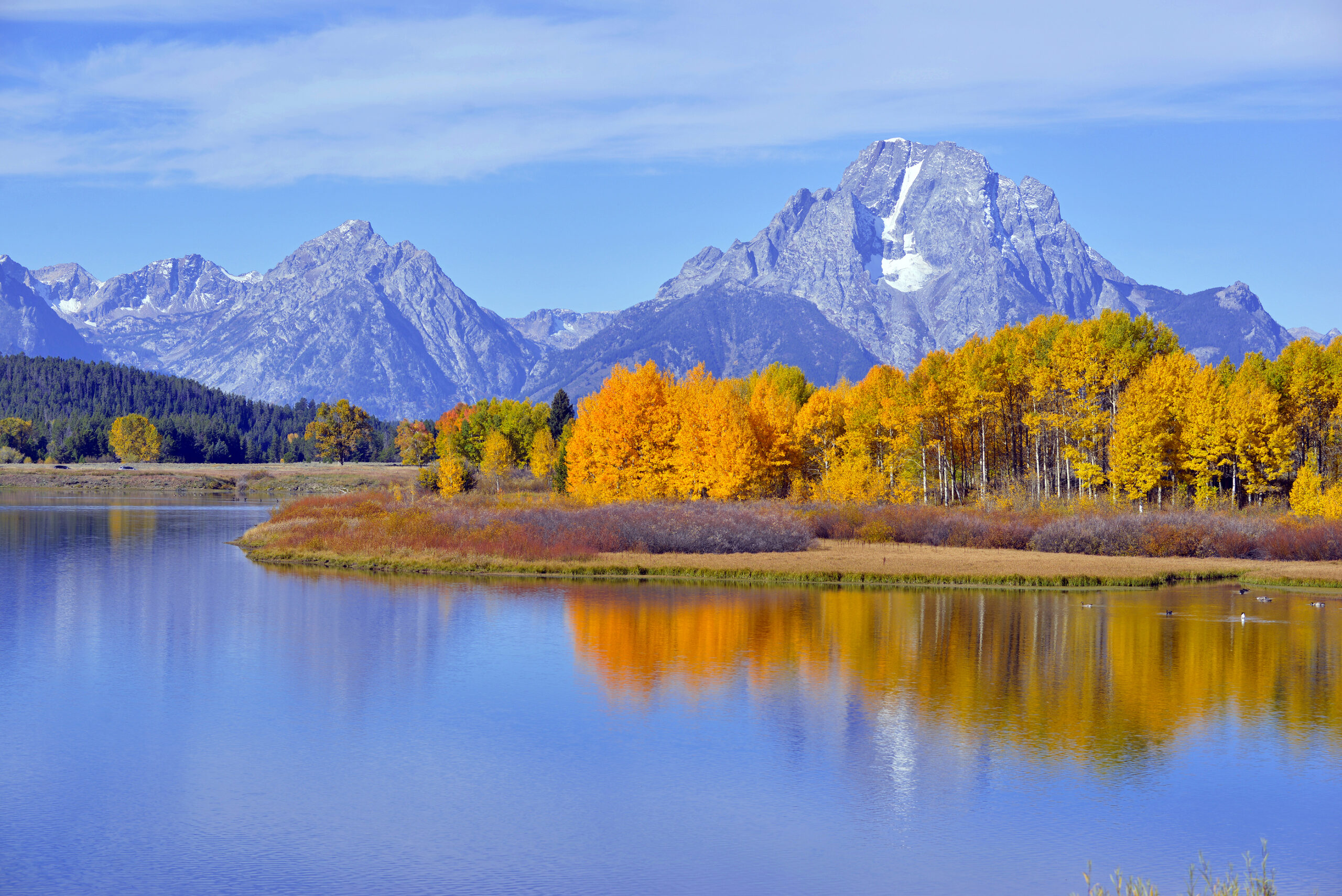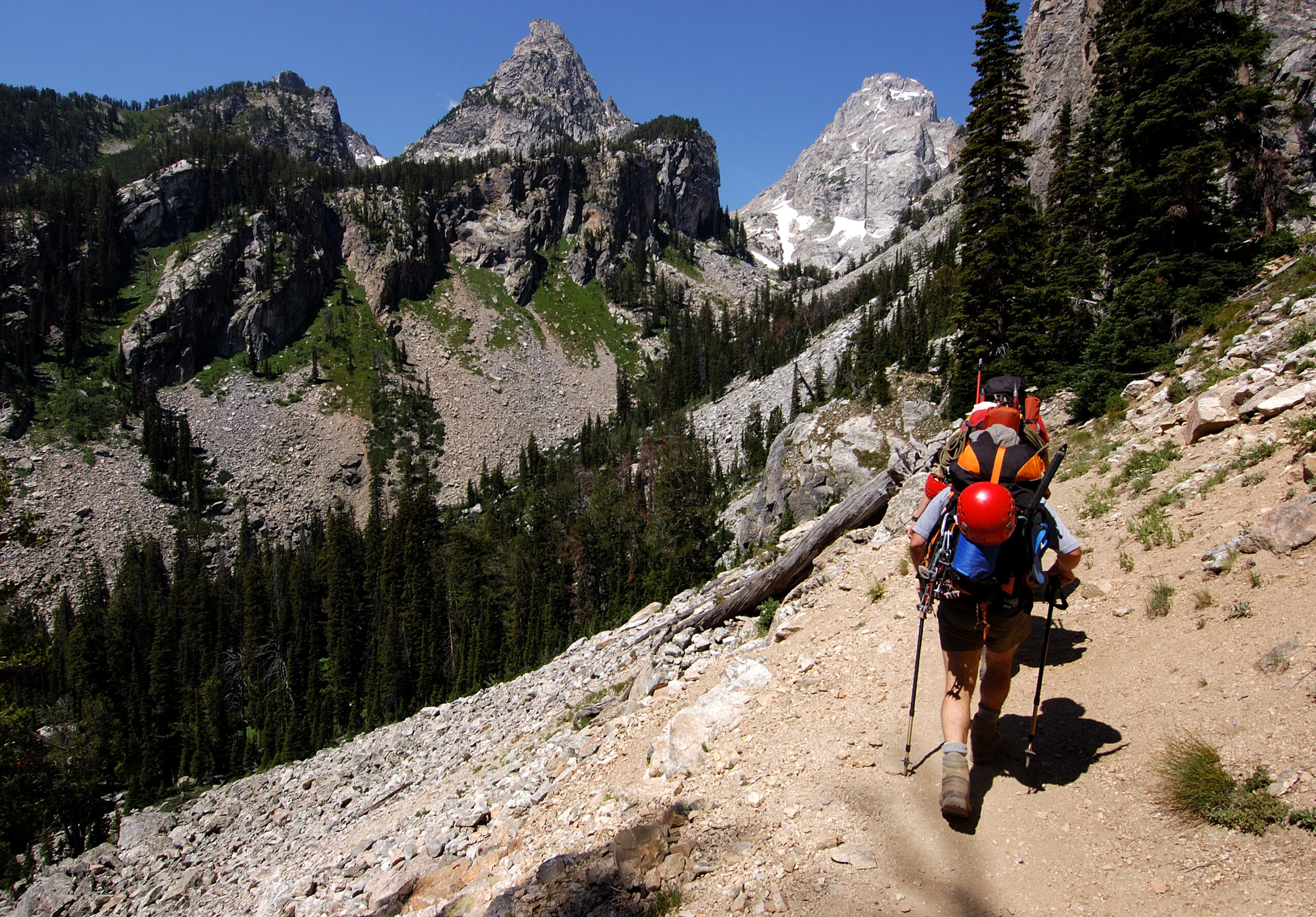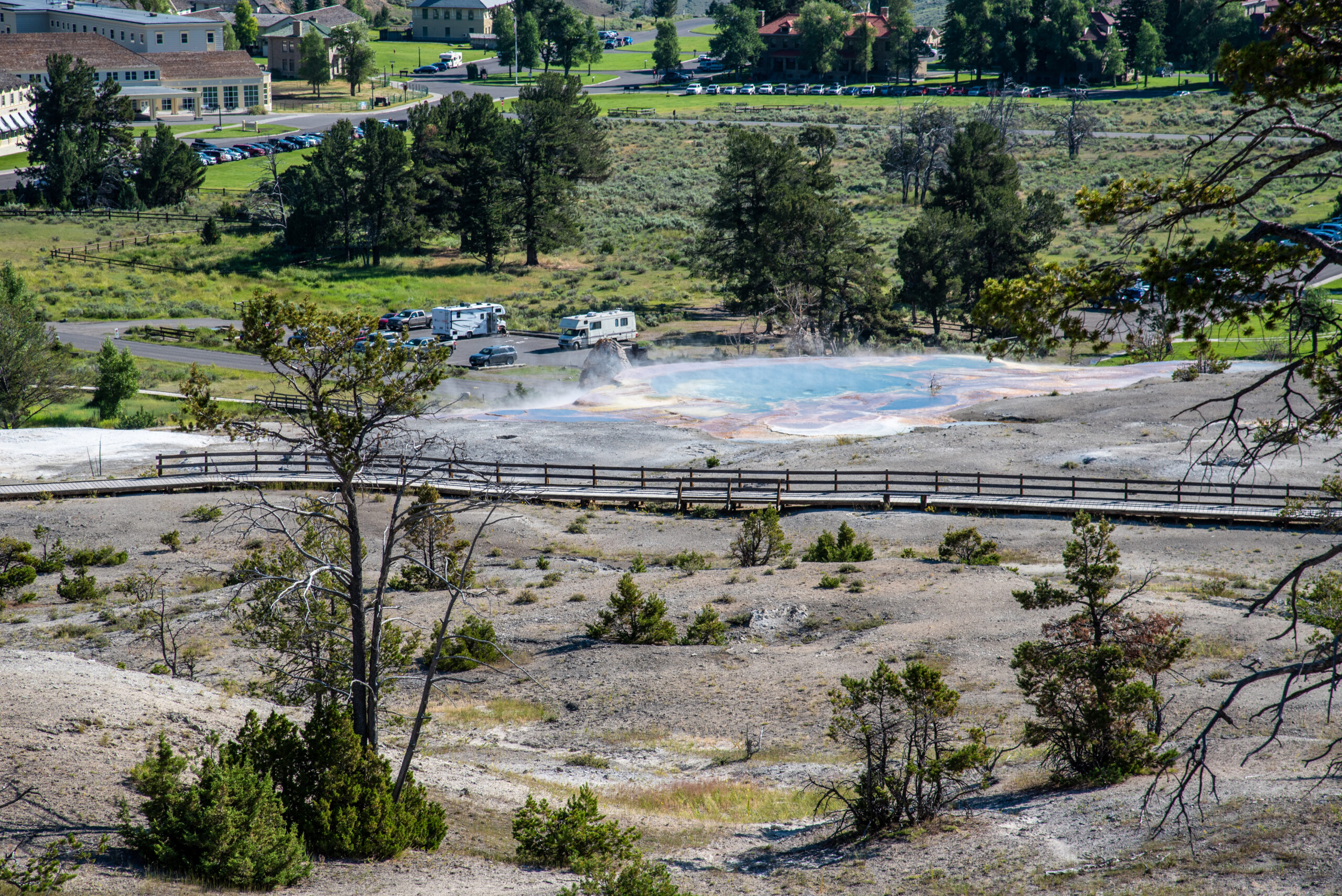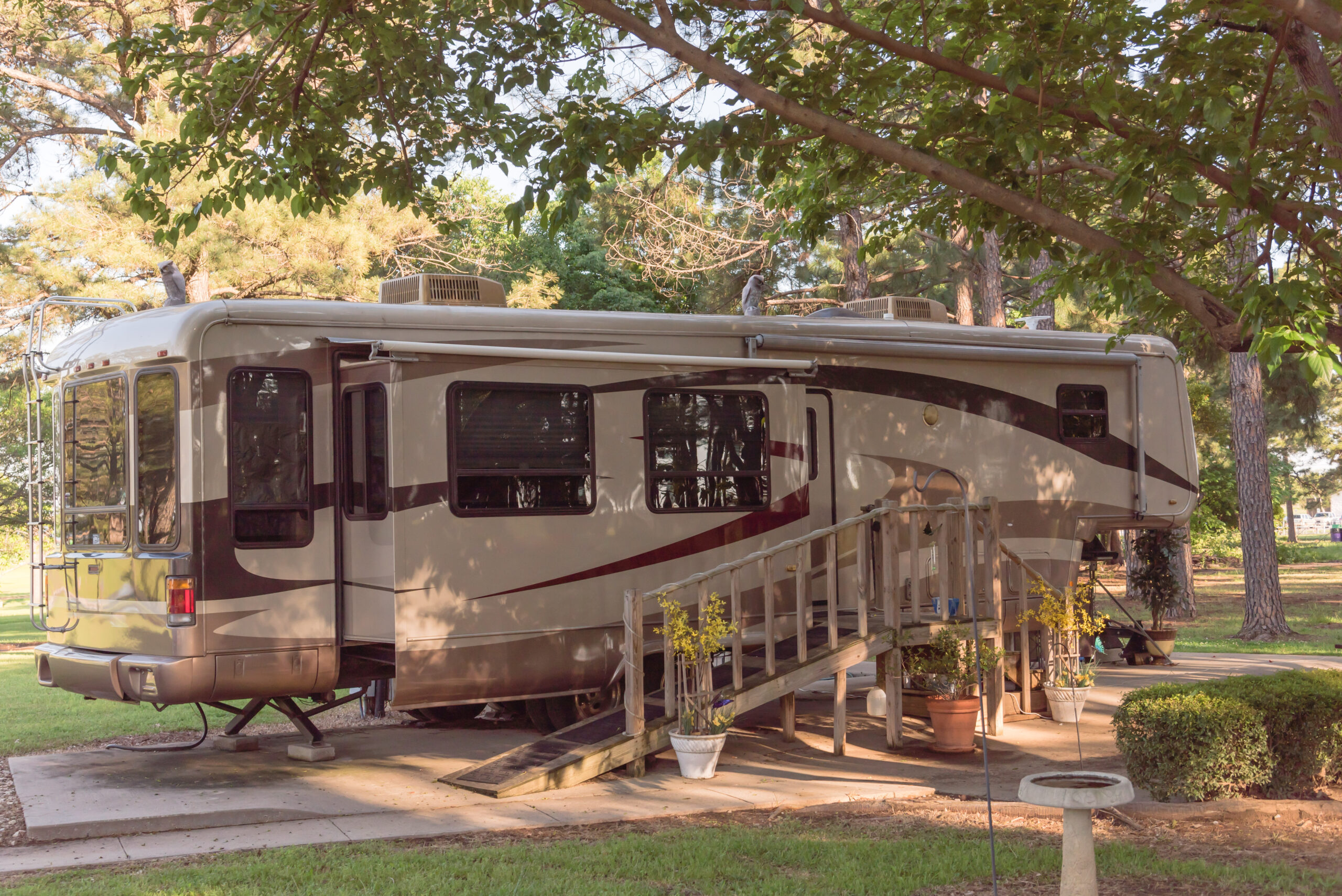Are you considering investing in the long-term camping market in Wyoming?
This article provides an in-depth overview of this promising industry, exploring the benefits for owners, potential challenges they may face, and strategies for success.
From building a steady income stream to attracting repeat customers, there are numerous opportunities for growth and success in Wyoming’s long-term camping market.
Here, we will explore in detail how to capitalize on this lucrative market and establish a thriving business in the scenic landscapes of Wyoming.
Overview of Wyoming’s Long-Term Camping Market
Wyoming’s long-term camping market presents a promising landscape for growth and investment in the realm of outdoor recreation and tourism. With vast natural beauty and a growing interest in sustainable hospitality, the state offers significant revenue opportunities for camping business owners and investors.
The allure of Wyoming for long-term camping lies in its breathtaking landscapes that range from majestic mountains to serene lakes. The state’s unique features, such as Yellowstone and Grand Teton National Parks, draw campers seeking a truly immersive experience in nature.
Strategic investment in Wyoming’s camping market is essential, backed by thorough market research to tap into the growing demand for sustainable and eco-conscious tourism options.
What is Long-Term Camping?
Long-term camping involves extended stays at campgrounds, providing accommodation and facilities that cater to individuals or families seeking a sustainable outdoor experience. It focuses on creating a harmonious blend of infrastructure and amenities to enhance customer satisfaction and promote a sense of environmental sustainability.
- Offers various types of accommodation options such as tent sites, RV hookups, cabins, and yurts to cater to diverse preferences.
- Includes infrastructure designed to enhance the overall camping experience, such as fire pits, shower facilities, and communal gathering spaces.
- Emphasizes customer satisfaction by providing activities like hiking trails, fishing spots, and organized events to ensure guests have a memorable stay.
- Integrates sustainable practices to align with the growing importance of environmental conservation in the camping industry, including recycling programs, energy-efficient systems, and eco-friendly amenities.
Why is Wyoming a Promising Market for Long-Term Camping?

Wyoming stands out as a promising market for long-term camping due to its compelling competitive analysis, emerging industry trends, and a favorable demand forecast. The state offers substantial profitability potential for camping business owners looking to expand their operations and tap into the growing market.
Wyoming’s picturesque landscapes and abundance of outdoor recreational activities make it a magnet for nature enthusiasts seeking extended stays. The state’s vast wilderness areas, national parks, and scenic campgrounds provide a unique and immersive camping experience that appeals to both seasoned campers and newcomers alike.
With the rising popularity of eco-tourism and sustainable travel practices, Wyoming’s camping sector is poised to attract an even larger audience, presenting an array of opportunities for expansion and growth within the industry.
The Benefits of Long-Term Camping for Owners
For camping business owners, long-term camping offers a range of benefits, from steady revenue streams and enhanced investment opportunities to the chance to create memorable customer experiences rooted in hospitality. The value proposition of long-term camping lies not only in profitability but also in fostering strong community engagement.
Steady Income Stream
Long-term camping offers a consistent income stream through extended stays of guests, allowing owners to forecast revenue accurately over time. By implementing strategic financial planning and budgeting practices, owners can optimize their income flow by identifying peak seasons, adjusting pricing strategies, and managing expenses efficiently.
This approach helps in maintaining financial stability and maximizing profitability in the campground business. Investing in marketing initiatives and guest experience enhancements can further attract long-term campers, thereby increasing revenue potential for owners.
Lower Turnover and Maintenance Costs
Long-term camping reduces turnover and maintenance costs for owners by fostering customer satisfaction through well-maintained facilities and adherence to regulations, licensing, and permit requirements.
By ensuring that the facilities are kept in top-notch condition, owners can attract and retain long-term campers, which in turn lowers turnover rates. This focus on customer satisfaction also leads to positive word-of-mouth recommendations and repeat business, further solidifying the campground’s revenue stream.
Building a Community
Long-term camping allows owners to build a vibrant community by fostering customer and community engagement, establishing a distinctive brand identity, and nurturing strategic partnerships with local businesses and attractions.
Creating a welcoming environment where customers feel connected and valued allows owners to cultivate a loyal customer base that becomes a key element of their branding strategy.
By collaborating with local entities such as nearby restaurants, hiking trails, or adventure companies, campsite owners can enhance the overall experience for campers and create a sense of belonging within the camping community. These strong relationships with customers and partners also lead to increased retention rates, positive word-of-mouth, and ultimately long-term success for the camping business.
Attracting Repeat Customers
By prioritizing exceptional customer experiences, long-term camping businesses can attract repeat customers who value personalized service, high satisfaction levels, and outstanding customer care.
- Focusing on the customer journey from the moment they inquire about a camping experience to their departure can significantly impact their overall satisfaction.
- Providing clear communication, responsive support, and personalized recommendations based on their preferences can create a memorable experience.
- Encouraging feedback and actively listening to customer suggestions can help tailor services to meet their evolving needs.
- Offering loyalty programs, special offers for returning customers, and engaging them through newsletters or social media platforms can also foster a sense of connection and loyalty that encourages them to choose your camping site for their next adventure.
What Challenges May Owners Face in the Long-Term Camping Market?
While long-term camping offers numerous advantages, owners may encounter challenges such as seasonal fluctuations in demand, competition from alternative accommodation options, regulatory hurdles, and the maintenance of facilities and amenities.
Seasonal Fluctuations

One notable challenge for owners in the long-term camping market is managing seasonal fluctuations in demand, requiring strategic planning, a robust business plan, and flexible pricing strategies to navigate revenue variations throughout the year.
Understanding the peaks and troughs of customer demand is vital in ensuring a sustainable operation. During peak seasons, such as summer months or holidays, campgrounds may experience a surge in visitors seeking outdoor experiences. Owners can capitalize on this by implementing dynamic pricing strategies that reflect the increased demand.
Conversely, off-peak periods may require creative marketing campaigns or special promotions to attract visitors during quieter times. By staying agile and adapting pricing strategies to align with demand trends, owners can optimize revenue and enhance the overall camping experience for their guests.
Competition from Other Accommodation Options
Owners in the long-term camping market must contend with competition from various accommodation alternatives, necessitating insightful market research, competitive analysis, and targeted marketing strategies to differentiate their offerings and attract customers.
By understanding the competitive landscape, long-term camping businesses can identify unique selling points and prioritize marketing efforts accordingly. Conducting thorough market research allows them to uncover consumer preferences, trends, and untapped niches.
Regulations and Permits
Navigating regulatory requirements, licensing obligations, and permit processes poses a significant challenge for long-term camping owners.
This intricate web of regulations encompasses a variety of aspects such as environmental impact assessments, waste management protocols, and safety standards. Effective compliance management involves regular monitoring and updating of documentation to meet changing regulatory demands.
By developing a thorough understanding of the regulatory landscape and maintaining detailed records, camping operators can safeguard their businesses from potential legal pitfalls and demonstrate a commitment to responsible and sustainable operation.
Maintaining Facilities and Amenities
The upkeep of facilities and amenities requires a commitment to regular maintenance, quality improvements, and customer-centric service delivery to uphold high levels of customer satisfaction.
Regular maintenance not only ensures the safety and functionality of amenities but also contributes to the overall appeal and comfort of the campground environment. By investing in facility upgrades and amenities enhancements, owners can stay competitive in the market and attract returning guests.
Meeting the evolving needs and expectations of campers through well-maintained facilities can lead to increased occupancy rates and revenue generation for campground businesses.
Strategies for Success in the Long-Term Camping Market
To thrive in the long-term camping market, owners must implement strategic approaches tailored to their target audience.
Targeting the Right Demographic
A crucial strategy for owners in the long-term camping market is targeting the right demographic through comprehensive market research, customer segmentation analysis, and alignment with a well-defined business plan that caters to the specific needs and preferences of the intended audience.
Understanding the demographic profile of potential long-term campers is essential for creating tailored experiences that resonate with their expectations. By conducting thorough market research, owners can gather insights on the age, interests, income levels, and camping preferences of their target audience.
Utilizing customer segmentation allows for grouping individuals based on shared characteristics, enabling owners to customize amenities, activities, and services to meet the unique requirements of each segment.
Offering Unique Experiences and Amenities

Distinguishing your long-term camping offerings with unique experiences and exceptional amenities is a key strategy for attracting and retaining customers.
By providing a range of distinctive activities such as guided nature walks, outdoor cooking classes, and stargazing sessions, customers can immerse themselves in the surroundings and create lasting memories.
Offering amenities like luxury tents with comfortable bedding, eco-friendly shower facilities, and communal fire pits can elevate the camping experience to a whole new level.
These thoughtful touches not only enhance customer satisfaction but also foster a sense of community and connection among campers.
Establishing a Strong Online Presence
Developing a robust online presence through strategic social media marketing is essential for long-term camping businesses to reach and engage a broader audience, drive bookings, and build brand recognition.
- By actively utilizing social media platforms such as Facebook, Instagram, and Twitter, businesses can effectively promote their unique camping experiences, engage with customers in real-time, and showcase compelling visual content to attract prospective guests.
- Implementing user-friendly booking platforms that offer seamless reservation processes and payment options streamlines the customer journey, leading to increased conversions and customer satisfaction.
- Enhancing online visibility through search engine optimization (SEO) techniques and online advertising can significantly enhance a camping business’s digital footprint, ensuring higher visibility and credibility in the competitive online landscape.
- A high-quality website for campgrounds is essential for attracting guests, providing information, enhancing booking convenience, and showcasing amenities, ultimately boosting customer satisfaction and occupancy rates.
At Roverpass, we have created the Premium Website Builder, a complete solution that creates the high-quality websites campgrounds need to succeed. With our team of experts in writing, design, and development, we can help you create a website that is fully equipped to boost your traffic, attract more leads, and increase your revenue.
Collaborating with Local Businesses and Attractions
Strategic collaborations with local businesses and attractions can enhance the appeal of long-term camping offerings by providing additional value, fostering community engagement, and strengthening brand identity through mutually beneficial partnerships that enrich the overall guest experience.
By forming partnerships with local entities, campgrounds can tap into unique experiences and resources that are often exclusive to the area, offering guests a more authentic and enriching stay. Through these collaborative initiatives, campgrounds can also expand their reach within the local community, attracting a diverse range of visitors and creating a sense of belonging for guests.
Frequently Asked Questions
- What are some potential growth opportunities for owners in Wyoming’s long-term camping market?
Potential growth opportunities for owners in Wyoming’s long-term camping market may include developing new campgrounds, offering additional amenities and services, and targeting niche markets such as eco-tourism or luxury camping. - How can owners take advantage of Wyoming’s natural attractions in their long-term camping business?
Owners can leverage Wyoming’s natural attractions, such as national parks and scenic landscapes, to attract long-term campers who want to experience the great outdoors. They can also partner with local tour companies to offer guided tours or activities. - What are some challenges that owners may face in the long-term camping market in Wyoming?
Challenges for owners in Wyoming’s long-term camping market may include seasonality, competition from other lodging options, and regulations for operating campgrounds on public lands. - How can owners differentiate their long-term camping business in Wyoming?
Owners can differentiate their business by offering unique experiences, such as themed camping events or educational workshops, and by providing exceptional customer service to create a loyal customer base. - What steps can owners take to ensure sustainable growth in Wyoming’s long-term camping market?
To ensure sustainable growth, owners can implement eco-friendly practices, invest in infrastructure improvements and maintenance, and conduct market research to understand the changing needs and preferences of long-term campers.
For more insights and strategies on growing your RV park business, keep reading our blog and stay updated with the latest trends and tips.




